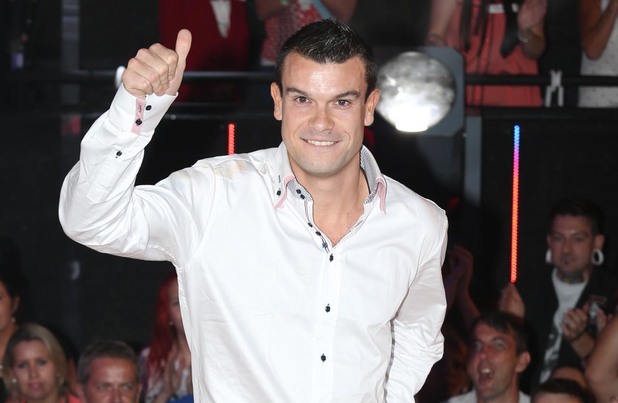For three weeks, the purpose of travel was travel. But the flight back from Munich to London Gatwick (LGW) was a means to an end. The commercial break of my summer was the pause dividing the inter-railing from the dreaded search for work. And I knew it was ‘coming up next’. As I returned to the sofa, my little brother was watching a new show, Big Brother. My initial snotty reaction was long forgotten by the time I had joined the chanting crowd at the filming of a Live Eviction, six weeks later.
The Channel 5 reality TV show is gripping. It offers an intriguing social and psychological experiment. The producers choose such an interesting mélange of personalities and cleverly provoke conflict by manipulating the information one or all of them hold. There is no access to ‘the outside’, creating a bubble in which all they can think about are events on ‘the inside’. It is intriguing to observe the methods the participants use to win the £100,000 prize and gain fame. They lie, exaggerate, flirt, scheme and bitch. The highlight show aired daily creates a storyline by its iconic Northern narrator. It’s raw reality TV, from an era before the ‘scripted reality’ of Made in Chelsea and Tallafornia.
The location is Elstree Studios, where Star Wars, The Shining and the recent Simon Pegg movie, The World’s End were filmed. The three of us were being treated as one of the ‘F&Fs’ (friend and family) for the night. Outside ex-X Factor contestant Rylan Clark was puffing on a fag, and blaming the coverage of The Daily Star for the early expulsion of one housemate, Daley. The undefeated boxer had used the Saatchi handshake on a female housemate. The tabloid, owned by Richard Desmond, had printed Big Brother stories on its front page for the past three weeks. Desmond also owns Channel 5. The housemates’ F&Fs were nervous, ‘hating’ their experience of the process, but lovingly wanting it to continue for their participant.
A self-proclaimed ladies’ man who admitted to sleeping with hundreds of women, Callum Knell, exited the Big Brother compound to a rented booing crowd. The producers directed us to a different area, where an interview would be conducted. ‘We’ll wait ‘till they stop crying, then we’ll send them in’, said a producer, referring to the sniffling relations. During an interview, Knell was noticeably shaken, breathing heavily and restlessly fidgeting. He told the presenter Emma Willis during the break, ‘People don’t see everything that goes on in there’. The interview ended. His fifteen minutes was over, and the 28-year-old from Maidstone returned to the status of a member of the public.
The programme is, of course, inspired by the state penned by George Orwell in the novel 1984. The book showed a 337% increase in sales on Amazon.com early in the summer as a reaction to the revelations of Edward Snowden. The Hawaii-based National Security Agency ‘systems administrator’ leaked evidence proving the extensive information the US government collects on its own citizens. The whistleblower observes people opting to be ‘living unfreely but comfortably’ and calls for a ‘better world’. Orwell phrased it better himself, ‘The choice for mankind lies between freedom and happiness and for the great bulk of mankind, happiness is better’. Snowden, along with Bradley Manning (the US soldier convicted of passing documents to WikiLeaks), beg the point that at least the poor buggers on the box know that ‘Big Brother is watching’, and more importantly, have chosen it.







